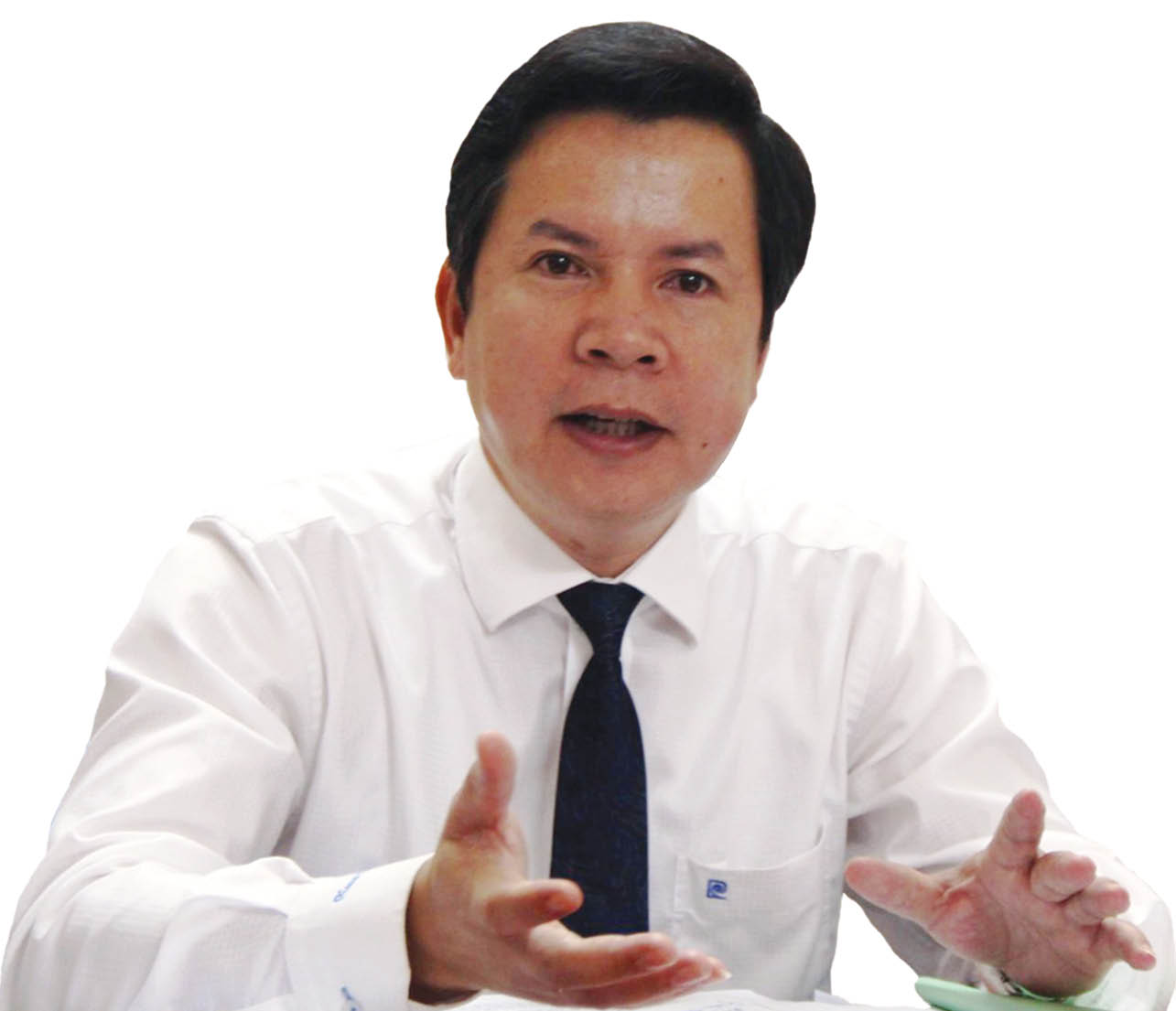The Thua Thien Hue Weekly reporter had a meeting with the Director of Education and Training Department Nguyen Tan regarding the selection of Ha Ba Trung High school for the pilot implementation of the course. Mr. Tan said:

Mr. Nguyen Tan, Director of Education and Training Department
Chairman of the Provincial People’s Committee Phan Ngoc Tho already made a decision that Hai Ba Trung High school (formerly, Dong Khanh school) would experimentally restore the teaching of home economics in the school, starting from the academic year of 2021 – 2022. At the same time the education sector was assigned to collect the old home economics teaching documents and select and supplement relevant ones to compile the course materials for the subject in collaboration with the experts and culinary artisans. The program should be based on the principle of leaning, playing, and experiencing at the same time.
Hai Ba Trung High school has the strength of training home economics. This is a favorite subject of girl students, which focuses on nurturing children, family spending planning, embroidery, sewing, and cooking Hue traditional dishes.
Teaching home economics involves teaching life skills, raising knowledge about the nation’s culture and historical traditions, as well as preserving the beauty of Hue’s culinary culture. As a proud educational brand name of Hue women, Hai Ba Trung High school has been selected to bring back the subject of home economics. This is a great choice to promote the school’s strengths.
Dong Khanh School used to be a school for girls. Hai Ba Trung High school now is co-educational. Is it sensible for all boys and girls to learn home economics?
Vocational training is not necessarily the orientation of students’ future jobs, but it is important to prepare students with skills. For example, girl students also need to learn mechanics, and electricity, etc. as life skills. In this regard, home economics is not the subject for girl students. Boy students also need to acquire the skills and knowledge about the national culture and historical traditions to preserve the beauty of Hue culinary culture.
Who will teach home economics to students? If it is part of the school program, will it be a compulsory subject or an extra-curricular activity?
The Department of Education and Training will collaborate with the Vocational College of Tourism to have a suitable schedule for students to take part in home economics classes. In addition, famous culinary experts, who are former students and teachers of Dong Khanh – Hai Ba Trung High school will be invited to assist with the practice and deliver presentations. This will bridge the theoretical teaching and the practice to make the subject more interesting. It is possible to organize it as part of the club activities to give career orientation to students.
Does it mean that Hai Ba Trung High school students will be taught vocational education and home economics at the same time?
We are working on a review of the vocational training catalogs to make the subject of home economics an alternative of an existing vocational subject. If it is approved by the Ministry of Education and Training, the vocational training program will be merged into the life skills education program, creating favorable conditions for the issuance of vocational certificates in high schools, as well as raising students’ skills in social activities.
Apart from Ha Ba Trung High school, will other schools in the province also put the subject of home economics into the curriculum?
Together with Hai Ba Trung High school, Nguyen Tri Phuong middle school will implement the pilot teaching of home economics to students. Teaching home economics is not a requirement for all schools. Each school has its own strengths. For example, the schools in the districts of Phong Dien, Phu Loc and Phu Vang can choose the traditional crafts relevant to their local history as life skills to teach students in their education programs.
The Department of Education and Training plans to make the connection between career orientation at school and the requirements from businesses and vocational schools. This is to boost the advantage of career training and help to raise students’ awareness and create more opportunities for them to access the practical programs instead of the long-lasting pure theoretical teaching in schools as far.
Thank you for the talk!
Story and photo: Hue Thu
